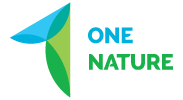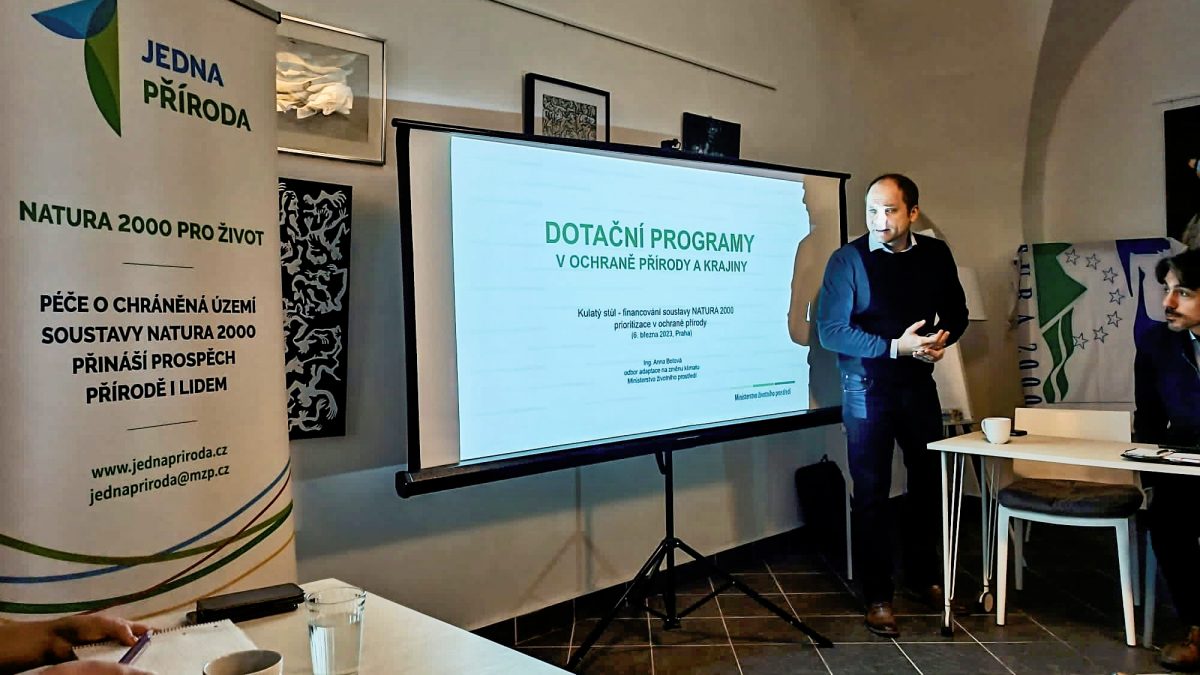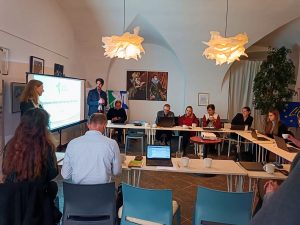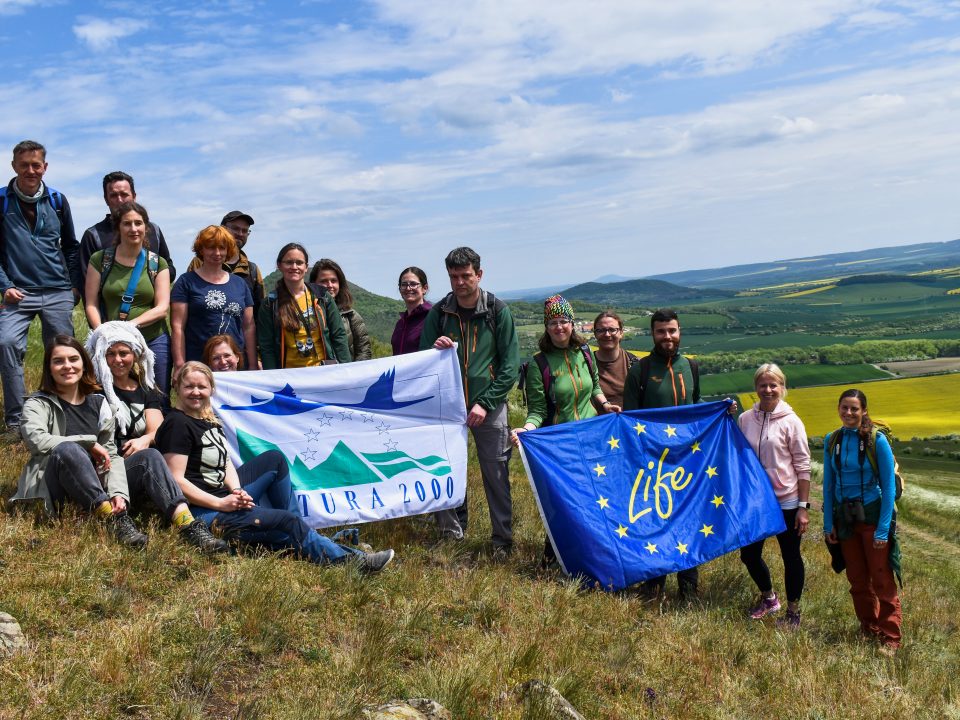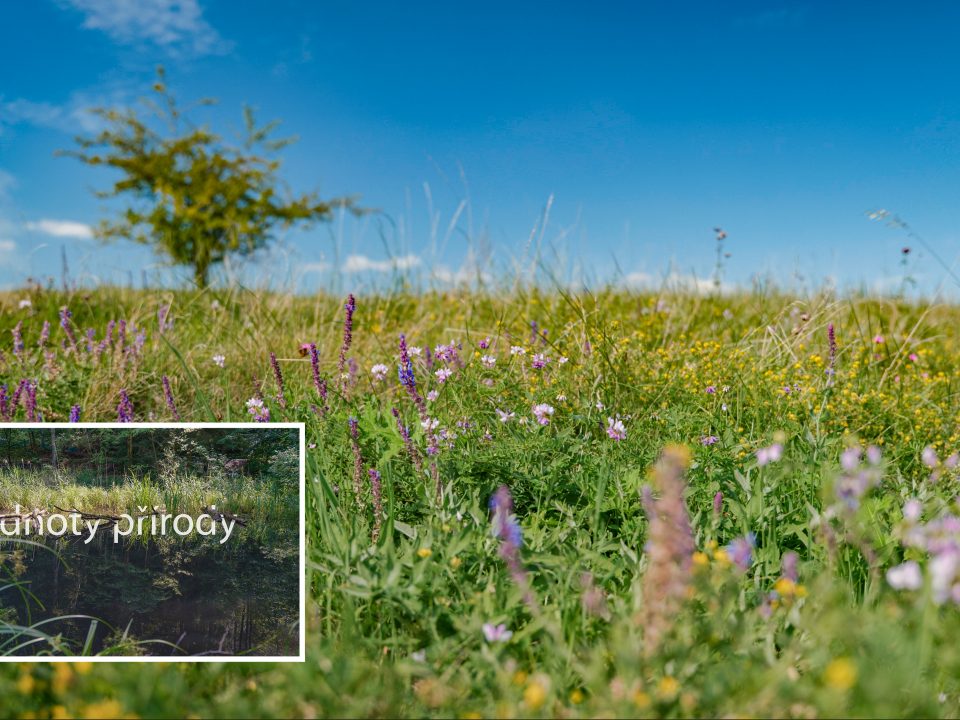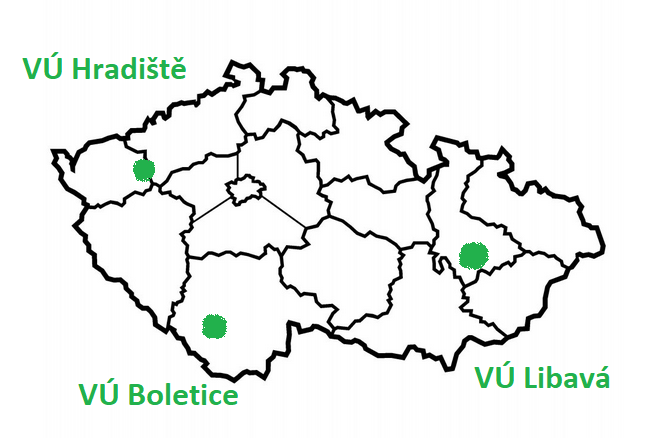What are the nature conservancy priorities?
The One Nature Project organised the last of a series of three roundtables on financing Natura 2000. During the internal discussion, the state administration representatives focused on prioritization in nature conservancy and the potential of using other financial instruments. So, what are the prospects for the future? How to work effectively with the available resources? And how does our Project contribute to this activity?
After a presentation by Anna Botová from the Ministry of Environment (MoE), summarizing the current state of available European and national resources, the roundtable participants introduced a discussion on the use of financial resources for nature conservation. The MoE can use funds from different sources quite flexibly and combine their use as needed. However, the current set-up of nature conservation funding depends on funding from the EU quite significantly, and as such, it is unsystematic and unsustainable. Moreover, EU support is expected to decrease in the future. It is therefore necessary, more than in previous years, to continuously assess whether the available resources are being spent efficiently and directly on priority measures.
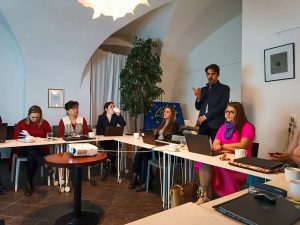
Michael Hošek from DH&P CONSERVATION presented the basic approach to charging for access not only to protected areas abroad
The participants of the round table agreed on the need to adapt to the fact that in the future there may not be as much funding or not to the extent that there is now. One of the solutions offered is, for example, strengthening cooperation with the public sphere, but also the possibility of introducing entry fees as in other countries. In this debate, firstly Michael Hošek from DH&P CONSERVATION presented the basic approach to charging for access not only to protected areas abroad.
The Director of the Krkonoše National Park Administration, Robin Böhnisch, then presented the current state of financing of the Krkonoše National Park and the challenges for the next period, including proposals for solutions. In particular, he pointed out the persistent problem of the budget structure, which is still sufficient and covers the necessary expenses, but 29% of it is comprised of timber sales. The expected sharp decline in logging means that the national park will lose a major source of revenue. The situation has been addressed for a long time, but without concrete results so far. The future of national park funding in the Czech Republic remains uncertain and should therefore be open to new funding options.
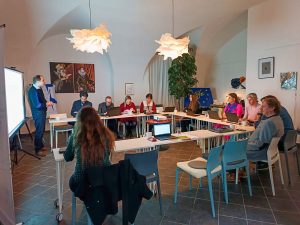
Robin Böhnisch, Director of the Krkonoše National Park Administration, presented the current state of the Park´s funding and challenges for the next period, including proposals for solutions.
Ivana Jongepierová from the Nature Conservation Agency (NCA) concluded the roundtable by presenting a proposal for an active management prioritisation system which has been tested at the NCA since 2021. This draft system is one of the outcomes of the One Nature Project whose main objective is to introduce a more efficient management system for Natura 2000 protected areas and to systematize the use of limited financial and human capacities on clearly identified priorities and make them more effective. The prioritisation system should set up an objective way of selecting the measures to which limited conservation resources should be directed as a priority. An important part of the whole process is the work on the unified Nature Conservancy Information System of the Czech Republic (NCIS II), which will start to operate in September this year and will help to put into practice an adaptive management cycle that will significantly improve the efficiency of management of all protected areas, not only Natura 2000.
